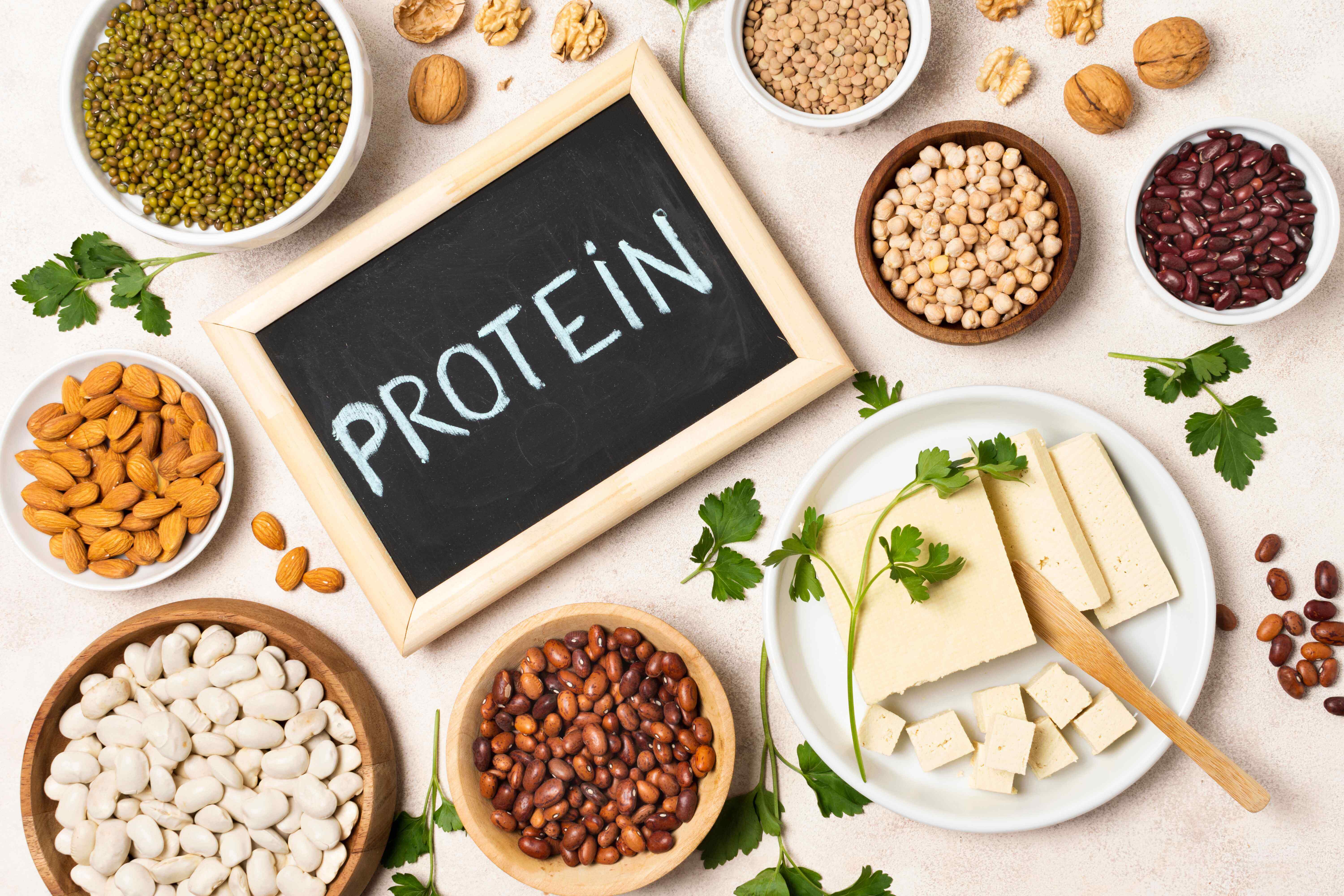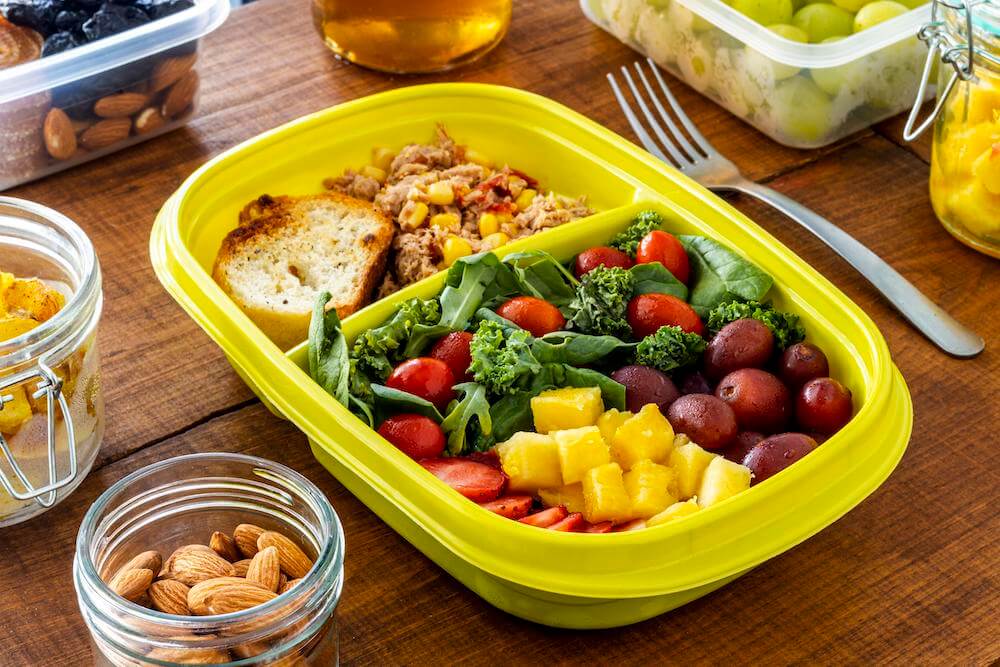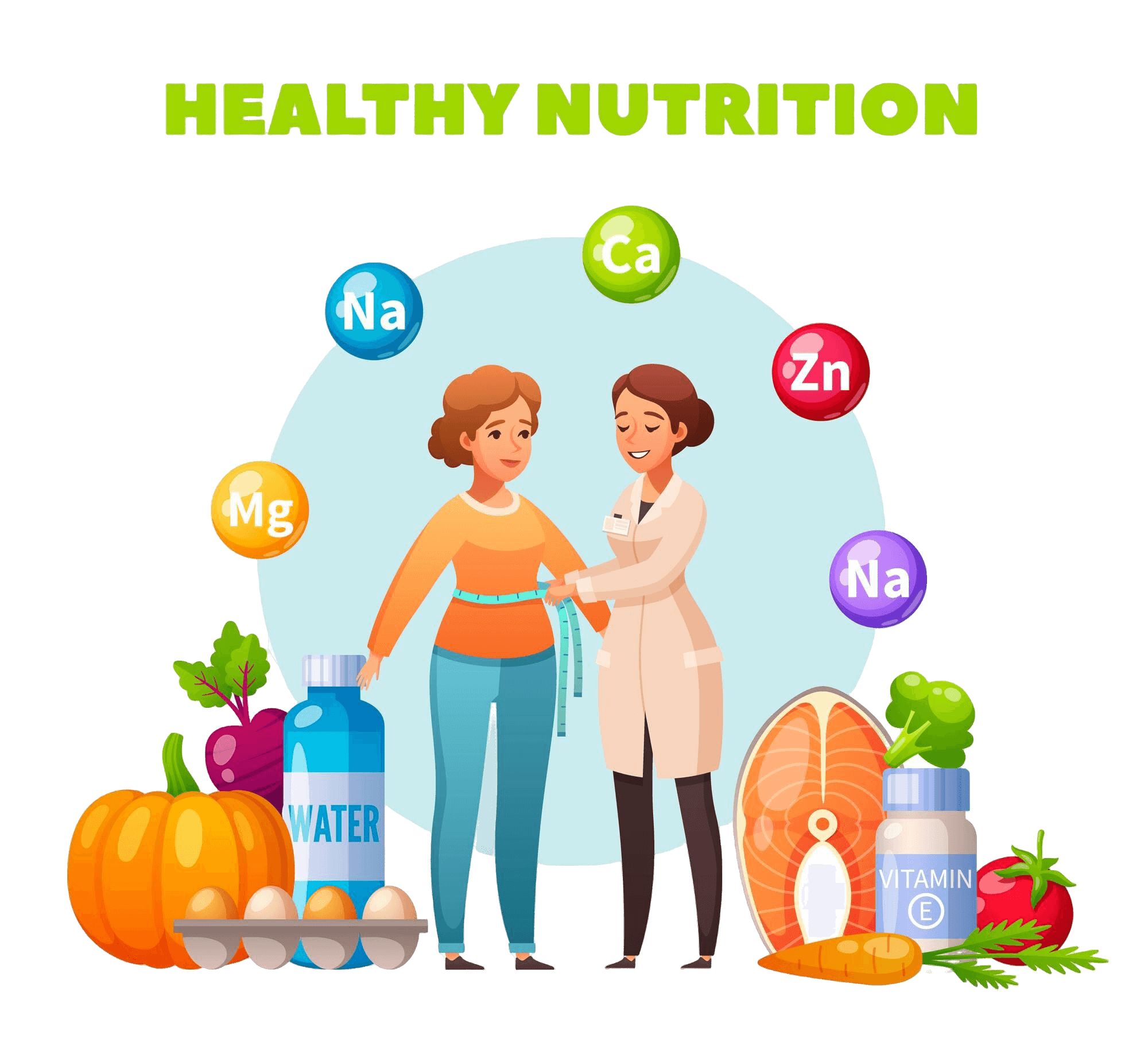Nutrition role is very important in fitness and also daily activates.
Table of Contents
Nutrition is very important for fitness. Whether you want to lose weight, build muscle, improve performance, or stay healthy, eating right is key. A balanced diet gives energy, helps recovery, and improves performance. Here’s a simple guide to how nutrition supports fitness:
1. Why Nutrition is Important for Fitness
Food is the body’s fuel. Good nutrition:
- Gives Energy: Carbohydrates, proteins, and fats provide energy for exercise.
- Builds and Repairs Muscles: Proteins help repair and grow muscles.
- Keeps You Healthy: Vitamins, minerals, and antioxidants support your immune system and bones.

2. Macronutrients: The Main Nutrients You Need
a) Carbohydrates
- What They Do: Give quick energy, especially for hard workouts.
- Where to Find Them: Fruits, vegetables, whole grains, and legumes.
- Why They Matter: They refill energy in your muscles so you don’t get tired.
b) Proteins
- What They Do: Help repair and grow muscles.
- Where to Find Them: Eggs, chicken, fish, dairy, nuts, and beans.
- Why They Matter: Eating protein after exercise helps your muscles recover faster.
c) Fats
- What They Do: Provide lasting energy and support hormones.
- Where to Find Them: Avocados, nuts, seeds, olive oil, and fatty fish.
- Why They Matter: Healthy fats give energy for long workouts and keep you healthy.
3. Micronutrients: Small But Important
- Vitamins and Minerals: Help your body produce energy, move muscles, and stay healthy.
- Examples: Calcium for strong bones, iron to carry oxygen, and potassium for muscles.
- Sources: Fruits, vegetables, and other whole foods.
4. When and What to Eat
a) Before Exercise
- Why: To get energy and avoid getting tired.
- What to Eat: A small meal with carbs and protein 1-3 hours before working out. Example: A banana with peanut butter.
b) After Exercise
- Why: To refill energy and help muscles recover.
- What to Eat: A snack or meal with carbs and protein within an hour. Example: Chicken with rice or a protein shake.
c) Staying Hydrated
- Why: Dehydration makes you feel weak and tired.
- Tip: Drink water all day and use drinks with electrolytes if you sweat a lot.

5. Eating for Your Fitness Goals
a) Losing Weight
- How: Eat fewer calories than you burn while choosing healthy foods.
- Tips: High-fiber and high-protein foods keep you full longer.
b) Building Muscle
- How: Eat more calories and focus on protein.
- Tips: Spread protein evenly across your meals.
c) Improving Endurance
- How: Eat more carbs for energy.
- Tips: Add extra carbs before long workouts or events.

6. Supplements: When Food Isn’t Enough
Sometimes, supplements can help:
- Protein Powder: Easy to use after workouts.
- Creatine: Boosts strength for short, hard exercises.
- Multivitamins: Fills gaps in your diet.
- Electrolytes: Helps with hydration during long workouts.
7. Mistakes to Avoid
- Skipping Meals: Makes you feel weak and affects your performance.
- Eating Too Much “Healthy Food”: Watch your portions.
- Not Eating After Workouts: Slows muscle recovery.
- Not Drinking Enough Water: Reduces strength and energy.
8. Make Your Nutrition Plan Personal
Everyone’s needs are different. Age, gender, activity, and goals all matter. A dietitian or nutritionist can help create the best plan for you.
9. Build Healthy Habits
- Be Consistent: Eat balanced meals every day.
- Add Variety: Eat different foods to get all the nutrients.
- Listen to Your Body: Eat when you’re hungry and stop when you’re full.
- Plan Ahead: Prep meals to avoid unhealthy choices.
Affiliate Disclosure
This blog contains affiliate links. If you purchase products or services through these links, I may earn a small commission at no extra cost to you. Thank you for supporting my work and helping me create more content like this.
Big offer on amazon
Images from (www.freepik.com)
YouTube link:- https://www.youtube.com/@fitlisfitness?sub_confirmation=1
Vlog YouTube link:- https://www.youtube.com/@kk07vlog?sub_confirmation=1
powerlifting competition – https://youtu.be/j-yA6ecK4Hw
check IHFF 2023 bodybuilding competition –https://youtu.be/wqA73RduPNQ
Blogs:- https://fitlis.in/blog
Website:- http://fitlis.in/
Instagram KAPIL:- https://www.instagram.com/kapilkumar_79/
Instagram FITLIS:- https://www.instagram.com/fitlis_fitness/
Facebook:- https://www.facebook.com/kapilkumar.7790/

